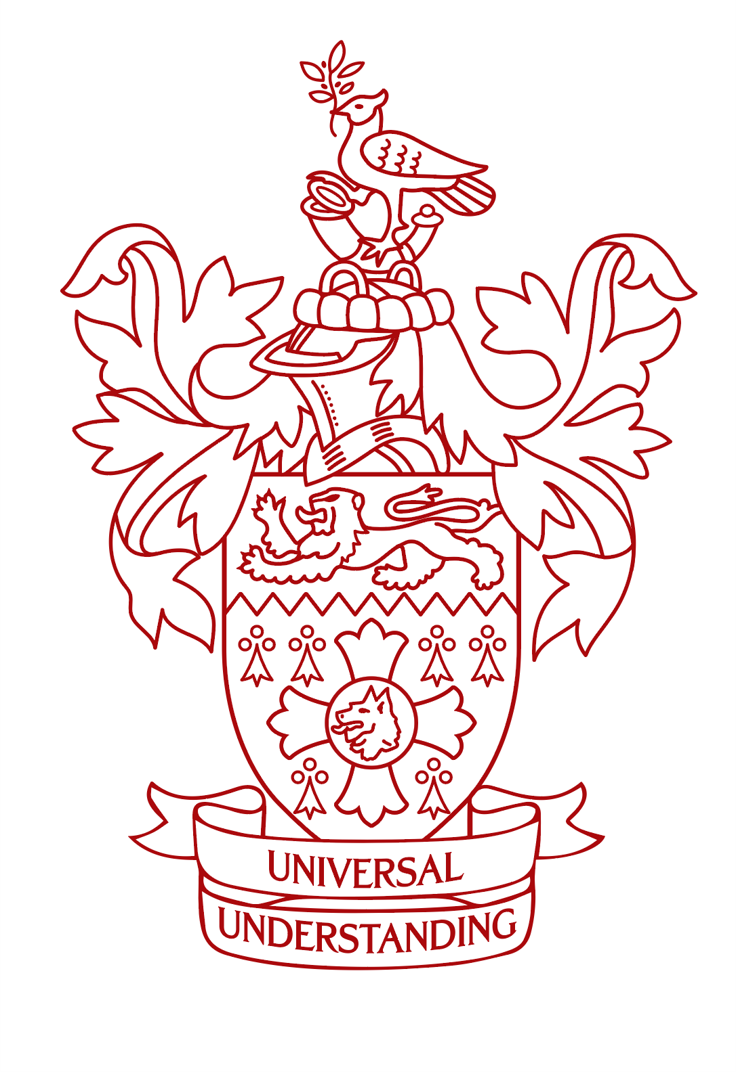A Chartered Professional is a person who has gained a high level of skill or competence in a particular field of work, which has been recognised by the award of a formal credential by a relevant professional organisation. Chartered status is considered a mark of professional competency and is awarded by chartered professional bodies and learned societies.
There are a great many benefits of chartership – not only to the chartered professional, but also more widely in assuring standards and advancing the public interest. See how chartership can benefit you as a practising language professional.
 Top five benefits of Chartership
Top five benefits of Chartership
1. Enhanced professional recognition
Chartership is the gold standard for practising linguists and reinforces professional recognition.
2. Status alongside other Chartered professionals
Chartership enables linguists to be valued alongside other chartered professionals.
3. Public recognition
Chartership is a mark of quality and competence inspiring confidence among the wider public.
4. Validation
Chartership shows a commitment to maintaining high professional standards.
5. Differentiation
Chartership helps Chartered Linguists by increasing their professional profile and standing.
Active, Accredited and Accountable
Chartered Linguists are expected to be Active either as working linguists or in their contribution to or support of the profession, they are Accredited either through their membership of CIOL or other qualifying organisations and they are Accountable and commit to the standards and expectations set out in the CIOL Professional Code of Conduct.
Who can apply?
Chartership is open to active full-fee paying CIOL members (and applicant members) in the following grades:
- CIOL Member (MCIL)
- CIOL Fellow (FCIL)
Chartership is not normally available to CIOL members who are on a concessionary rate or for those in a retired grade of membership who are not in current and/or frequent professional practice. Chartership is not available to honorary members.
Other qualifying organisations
Applications for chartership are also welcome from members and fellows (or equivalent) of other qualifying organisations, currently the Institute of Translation and Interpreting (ITI) and the International Association of Conference Interpreters (AIIC).
What does it cost?
Chartership (assessment and registration) is free for CIOL members (and for applicants going through the full MCIL and FCIL membership application processes).
For non-CIOL members from other qualifying organisations, a non-refundable assessment fee (£50) and an annual registration fee (£99) is payable.
Designations
Chartered Linguists are entitled to use the designation 'Chartered Linguist' and/or the post-nominals 'CL' to further highlight their professionalism.
CLs may also indicate specialisation(s), for example:
- CL Translator
- CL Interpreter
(See below for qualifying criteria)
Chartered Linguists will be listed on the CL register from the day registration is approved until their annual renewal, when they will be invited to re-register. For CIOL members this will form part of the normal annual invitation to renew their membership.
CL admissions criteria
All full Members and Fellows of CIOL (and other qualifying organisations) should normally be eligible for chartership on the basis that these admissions criteria are met:
Professional practice
Applicants will normally have been in current professional practice for at least the last five years, working (as a minimum) 120 days each year in one (or more) of the following specialisations:
- Translation
- Interpreting
- Teaching a language and/or research or coordination or management of languages at secondary level or in university language departments or language centres
- Teaching translation / interpreting
- Sustained, frequent use of foreign languages at a high level in business, industry, the professions (e.g. law, engineering, accountancy) or government
- Translation/interpreting project management or equivalent in other areas of language services
Applicants working in more than one of the above specialisations must normally undertake at least 40 days' practice per year in each specialism if they want to indicate it.
Qualifications
Applicants will generally hold a relevant language qualification to honours degree level or above.
In addition in order to use one (or more) of the further CL designations the expectations are:
- CL Translator - Applicants will normally hold a specialist qualification in translation, such as the CIOLQ Certificate or Diploma in Translation (CertTrans/DipTrans) or an MA or MSc (or equivalent) in translation
- CL Interpreter - Applicants will normally hold a specialist qualification in interpreting such as the Diploma in Public Service Interpreting (DPSI) or an MA or MSc (or equivalent) in interpreting
- CL Education - Applicants will normally hold a professional teaching or other qualification from a relevant field at first or higher degree level or equivalent
- CL Language specialist - Applicants will be able to evidence high levels of professional attainment in their specific area of work: in business, the professions (e.g. law, accountancy, engineering) or government which could be demonstrated through their role, membership of a relevant professional body and/or degree-level or other appropriate professional qualification in their area of expertise
There is no requirement to seek or use the additional designations. Most Chartered Linguists use CL alone, although some Translators and Interpreters choose to indicate their specialisms.
Continuing Professional Development
Applicants will be committed to CPD and are expected to:
- Have a record of relevant CPD activities covering the last two years. (A minimum of 30 hours CPD or more is required for each year).
- Be continuing with professional development activities in order to maintain chartership, and have a 12-month forward plan, based on their reflection on past CPD activities
![]() Chartered Linguists can record CPD with this digital download
Chartered Linguists can record CPD with this digital download
Register
Current CIOL members (MCILs and FCILs only), who meet the above criteria and have been MCILs or FCIL for a minimum of 12 months, can apply to become Chartered free of charge. To register please contact membershipteam@ciol.org.uk
For applicants from other qualifying organisations please contact the CIOL membership team for details of how to apply and what evidence will be required.

